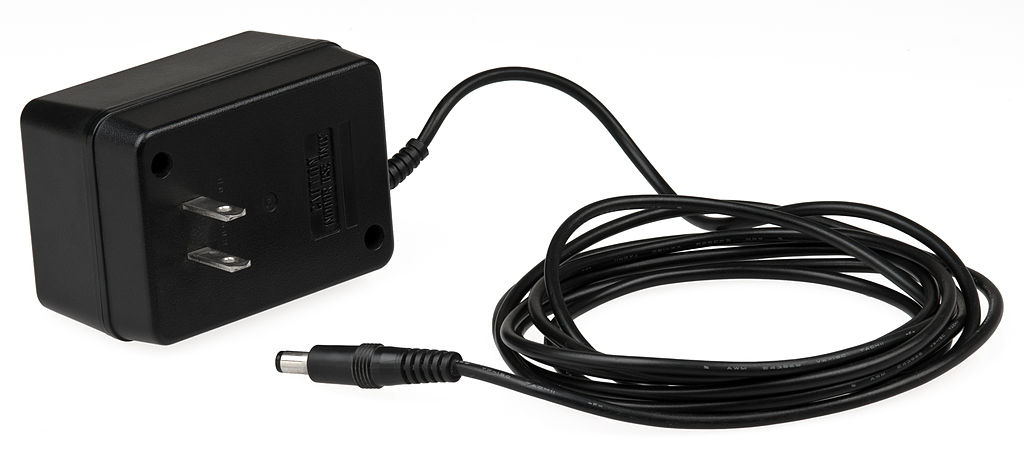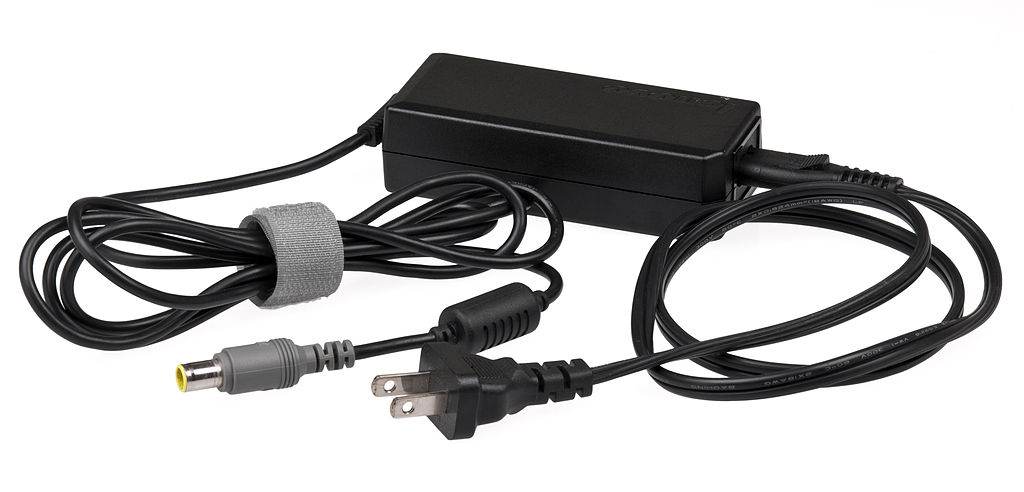TODO didn't manage to get it working with TP Link ARCHER VR2800 even though it shows DHCP as enabled and it also shows MAC addresses and corresponding hostnames in the router management interface.
Ciro Santilli believes that molecular biology technologies will be a large part of the next big things as shown at: Section "Molecular biology technologies".
Bibliography:
- www.youtube.com/watch?v=mS563_Teges&list=PLQbPquAyEw4dQ3zOLrdS1eF_KJJbUUyBx Biophysical Techniques Course 2022 by the MRC Laboratory of Molecular Biology. Holy crap that playlist is a tour de force of molecular biology techniques in 2022!
The Bass number, denoted as \( b(G) \), is an important concept in the study of graph theory and algebraic topology. It measures the number of "independent" cycles in a graph or topological space. Specifically, in the context of algebraic topology, it can relate to the concept of Betti numbers and the structure of a simplicial complex.
A Bol loop is a type of algebraic structure that generalizes the concept of a group. Specifically, a Bol loop is a non-empty set \( L \) equipped with a binary operation that satisfies certain properties reminiscent of a group but without requiring the existence of an identity element or the inverse for every element.
In mathematics, a **homomorphism** is a structure-preserving map between two algebraic structures of the same type. More specifically, it is a function that respects the operation(s) defined on those structures. The concept of homomorphism is widely used in various branches of mathematics, including group theory, ring theory, and linear algebra. ### Types of Homomorphisms 1.
Pinned article: Introduction to the OurBigBook Project
Welcome to the OurBigBook Project! Our goal is to create the perfect publishing platform for STEM subjects, and get university-level students to write the best free STEM tutorials ever.
Everyone is welcome to create an account and play with the site: ourbigbook.com/go/register. We belive that students themselves can write amazing tutorials, but teachers are welcome too. You can write about anything you want, it doesn't have to be STEM or even educational. Silly test content is very welcome and you won't be penalized in any way. Just keep it legal!
Intro to OurBigBook
. Source. We have two killer features:
- topics: topics group articles by different users with the same title, e.g. here is the topic for the "Fundamental Theorem of Calculus" ourbigbook.com/go/topic/fundamental-theorem-of-calculusArticles of different users are sorted by upvote within each article page. This feature is a bit like:
- a Wikipedia where each user can have their own version of each article
- a Q&A website like Stack Overflow, where multiple people can give their views on a given topic, and the best ones are sorted by upvote. Except you don't need to wait for someone to ask first, and any topic goes, no matter how narrow or broad
This feature makes it possible for readers to find better explanations of any topic created by other writers. And it allows writers to create an explanation in a place that readers might actually find it.Figure 1. Screenshot of the "Derivative" topic page. View it live at: ourbigbook.com/go/topic/derivativeVideo 2. OurBigBook Web topics demo. Source. - local editing: you can store all your personal knowledge base content locally in a plaintext markup format that can be edited locally and published either:This way you can be sure that even if OurBigBook.com were to go down one day (which we have no plans to do as it is quite cheap to host!), your content will still be perfectly readable as a static site.
- to OurBigBook.com to get awesome multi-user features like topics and likes
- as HTML files to a static website, which you can host yourself for free on many external providers like GitHub Pages, and remain in full control
Figure 2. You can publish local OurBigBook lightweight markup files to either OurBigBook.com or as a static website.Figure 3. Visual Studio Code extension installation.Figure 5. . You can also edit articles on the Web editor without installing anything locally. Video 3. Edit locally and publish demo. Source. This shows editing OurBigBook Markup and publishing it using the Visual Studio Code extension. - Infinitely deep tables of contents:
All our software is open source and hosted at: github.com/ourbigbook/ourbigbook
Further documentation can be found at: docs.ourbigbook.com
Feel free to reach our to us for any help or suggestions: docs.ourbigbook.com/#contact








